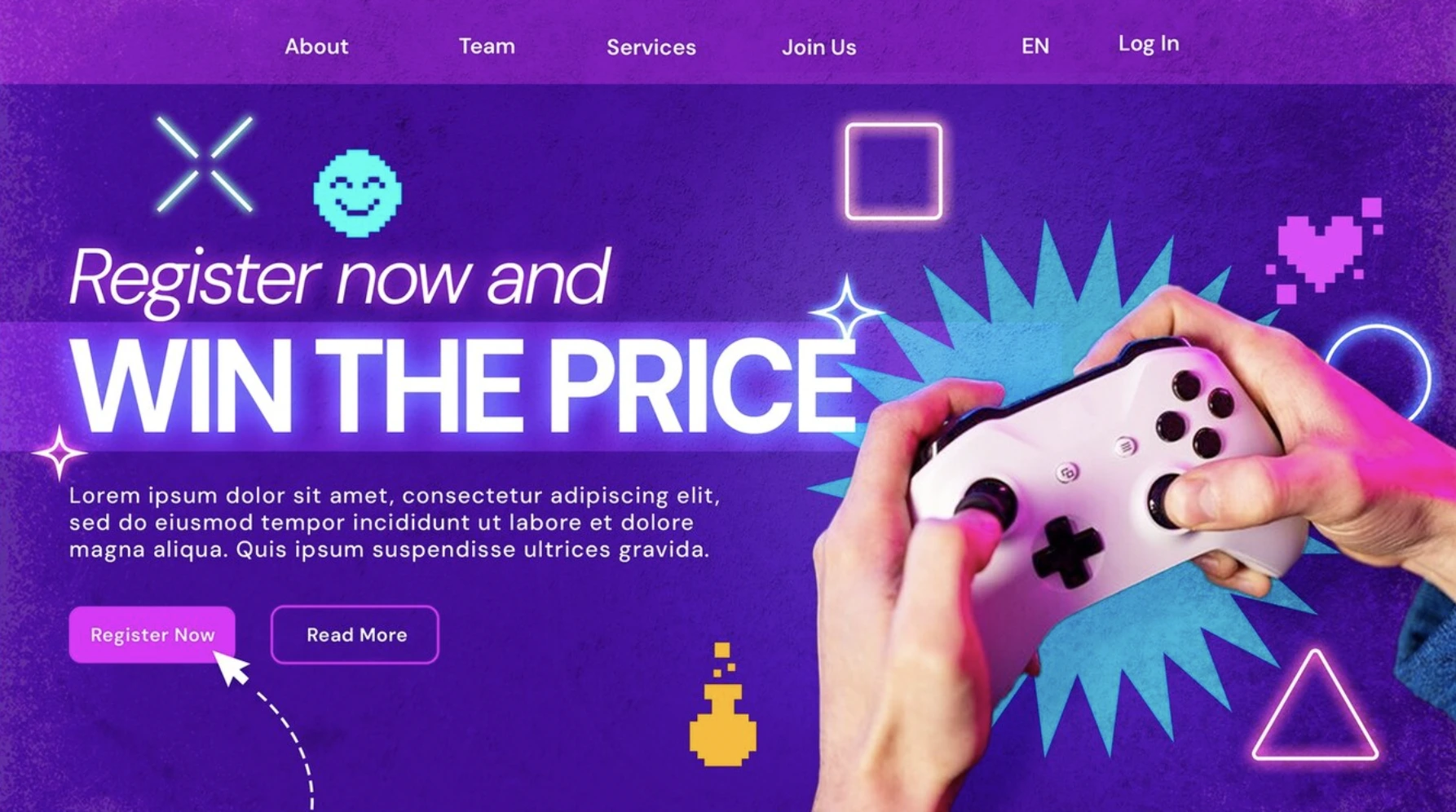
Image from Freepik
European Report Urges Stricter Oversight Of In-Game Purchases
A new report raises concerns about the increasing use of premium currencies in video games and mobile apps, warning of potential risks, especially for children, and calling for stricter regulation.
Today, the European Consumer Organisation (BEUC) filed a complaint on behalf of consumer groups from 17 countries, accusing several popular video games of “unfair practices” and violating consumer protection laws in relation to in-app and in-game purchases.
The complaint targets widely played games such as Epic Games’ Fortnite, Supercell’s Clash of Clans, Microsoft’s Minecraft, and EA Sports FC 24, as noted by TechCrunch.
The report examines the growing trend of in-game and in-app premium currencies used in video games and mobile applications. These virtual currencies allow players to purchase additional content, features, or advantages within the game or app.
While offering potential convenience and revenue for developers, the report raises concerns about potential consumer risks associated with these practices.
The report criticizes the lack of transparency in pricing models for premium currencies, often lacking clear real-world values. This can lead to overspending, especially for younger players.
Additionally, the report expresses concerns about the use of manipulative techniques to encourage in-app purchases.
Game developers may employ tactics like limited-time offers, social pressure within the game environment, and loot boxes to entice players to spend real money. These practices can exploit impulsive behavior and lead to excessive spending.
The report also raises concerns about age targeting and the potential for gambling-like behavior associated with in-app purchases. Games with in-game purchases may be targeted towards younger audiences, who may be less aware of the financial implications of their actions.
The use of loot boxes with randomized rewards is likened to gambling, increasing the risk of compulsive spending and addiction.
Finally, the report questions whether in-app purchases create an unfair advantage for those who spend real money. This could potentially distort the gameplay experience and create a “pay-to-win” environment where success is determined by financial investment rather than skill.
BEUC recommends regulating in-game premium currencies by enforcing clear pricing models that translate virtual currency into real-world costs. It also calls for banning manipulative tactics like loot boxes and limited-time offers, along with stronger parental controls and educational campaigns to raise awareness of the risks for children.
Adding to these concerns, Kaspersky experts have released a recent report detailing a significant increase in online threats targeting young gamers. Kaspersky’s findings reveal that cybercriminals are exploiting these games by offering fraudulent free in-game items or using phishing tactics to steal personal information.
This is particularly troubling given BEUC’s concerns about manipulative practices and potential gambling-like behavior associated with in-app purchases.


 Previous Story
Previous Story

 Latest articles
Latest articles 

Leave a Comment
Cancel